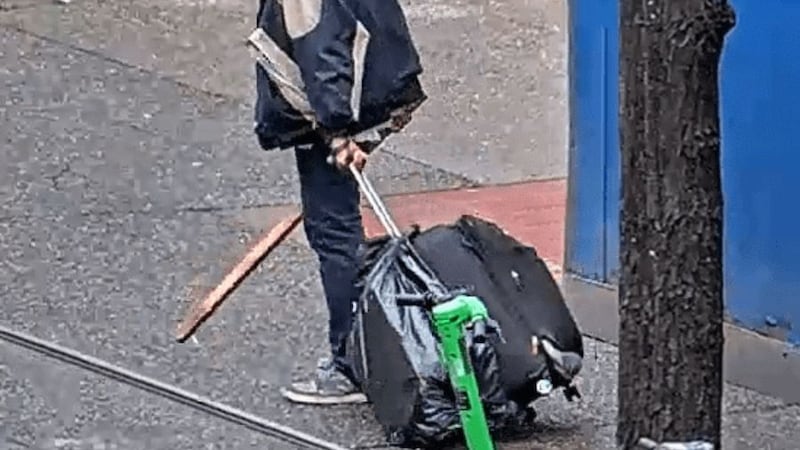YAKIMA, Wa. — The Yakima City Council voted Wednesday to appeal a voting rights case brought by the ACLU on behalf of Hispanic voters.
The Yakima Herald-Republic reported the council voted 5-2 in favor of an appeal.
U.S. District Court Judge Thomas Rice ruled last summer that Yakima's system for at-large election of city council members "suffocates" the will of Latino voters. Rice adopted an ACLU proposal to create seven voting districts, with a city council member selected from each.
One of the districts is more than half made up of Latino citizens of voting age, and another is nearly half. All of the council seats will be up for election this year.
No Latino has been elected to the council in the 37-year history of the current system, even though Yakima's population is more than 40 percent Latino.
Micah Cawley said he favored an appeal in order to continue the city's legal argument.
"It's truly about the Constitution, and if we don't appeal this, it's game over," Cawley said.
"I can see the merit of it ... but I think it is time for us to let this go," said council member Kathy Coffey said, who voted against the appeal.
The ACLU brought the lawsuit in 2012 on behalf of two Latino residents: former council candidate Rogelio Montes and Mateo Arteaga, an administrator at Central Washington University. The federal Voting Rights Act of 1965 allows court challenges to election systems that prevent protected minorities from meaningfully influencing election outcomes.
The city has spent some $1 million on the case.
Local Republican leaders have criticized the case as an attempt by Seattle-area progressives to gain a foothold in Yakima as the number of Latinos grows in the state's conservative agricultural regions.
Before the vote, the city's attorney, Francis Floyd of Seattle, said a Texas case is addressing the same issues raised in Yakima and is headed for a possible hearing before the U.S. Supreme Court.
Filing the appeal gave the city time to see what happens in the Texas case, he said.
If the Supreme Court decides to hear the Texas case, a ruling would not be expected before next year.
Copyright The Associated Press
KIRO





